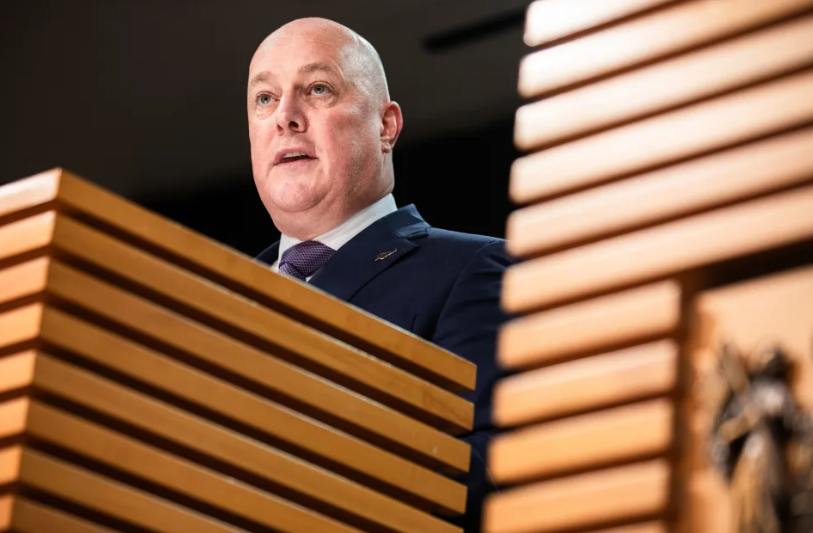A day those abused in care have fought decades for has arrived, as the government will make a formal apology.
The Royal Commission of Inquiry into Abuse in Care was the largest, longest, most complex public inquiry ever held in New Zealand, spanning six years and collecting the evidence and experiences of more than 2400 survivors.
It delivered 138 recommendations, but Prime Minister Christopher Luxon said the government's response essentially boiled down to three things: acknowledgement and a formal apology, support for the survivors, and preventing the abuse from happening again.
"There's lots of things to be very, very proud about in New Zealand's history, but we also have to confront the ugliness in it as well, and this is one of those moments," he said.
The formal apology begins about 9.45am, with survivors at locations around the country tuning into livestreamed proceedings at Parliament, where a ballot-selected group of abuse survivors will attend.
They will hear apologies from government department heads and statements from survivors before the formal apology delivered by Luxon and the leader of the Opposition Chris Hipkins.
New legislation aimed at preventing further abuses will then be tabled and debated, passing through its first reading in what the Lead Minister for the Response Erica Stanford said would be the first step in the government's response.
What they won't receive - yet - is redress.
Survivors and advocates had expressed unease at the lack of a redress and compensation system alongside the apology.

Survivors will be waiting, watching, and hoping for justice. Luxon will be expected to provide some measure of that.
"I know there is nothing I can do or say that will ever make up for what survivors endured," he said at a press briefing on Monday, "but I do hope that in some small way the apology might help with their healing."














